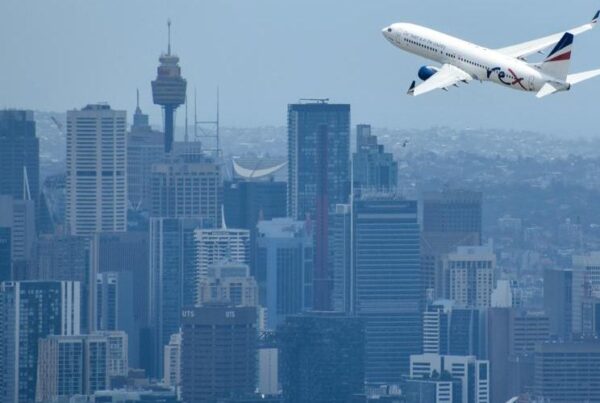A recent survey revealed 99% of respondents experienced travel anxiety and three in four (76%) actively avoid travel due to potential allergy risks.
The responses from 543 people living with food allergy or their parents or carers showed:
- Almost all (99%) of respondents found travelling with a food allergy caused stress and worry, and more than half (56%) said plane travel caused ‘a lot’ of added fear.
- Three in four (76%) had actively avoided travel because of food allergy concerns, while one in four (27%) avoided travel most or all the time.
- A third (35%) reported they had a mild, moderate or severe allergic reaction while travelling, of these 42% went to hospital and 36% had adrenaline.
- Of the reactions described, the vast majority (69%) occurred when eating out.
In response to the new data, national patient support organisation Allergy & Anaphylaxis Australia is launching an Australian-first, dedicated Food Allergy Travel Hub to help 1.5 million Australians living with food allergy and their families to travel with more confidence and increased safety.
The free online hub provides evidence-based resources that address the most common questions and concerns, whether travelling locally, interstate or overseas.
This includes airline policy comparisons, translated chef cards to advise hospitality staff of allergens, advice for travelling with adrenaline (epinephrine) devices (pictured below) and check lists for everything from travel insurance to caravanning, cruising and overseas school trips.
 “With the number of Australians travelling exceeding pre-COVID levels, we have seen an increase in calls from people anxiously searching for information on travelling with food allergy, especially to popular destinations such as Japan,” said Maria Said, Allergy & Anaphylaxis Australia CEO.
“With the number of Australians travelling exceeding pre-COVID levels, we have seen an increase in calls from people anxiously searching for information on travelling with food allergy, especially to popular destinations such as Japan,” said Maria Said, Allergy & Anaphylaxis Australia CEO.
“Our new Food Allergy Travel Hub has been designed to provide the support and confidence people need to plan well, eat smart and travel safe.
“While the risk is always there, taking precautions, such as always carrying two adrenaline devices, always reading food labels, telling anyone preparing food for you about your food allergy and taking your own food on the plane, can help to create a safer travel experience and ensure people are prepared to manage an allergic reaction, if one occurs.”
www.allergyfacts.org.au/travel









